The Fourteen Points – Polish Independence

On January 8, 1918, President Woodrow Wilson presented, to a joint session of the U.S. Congress, the Fourteen Points which he considered essential conditions to any peace negotiations ending World War I.
At that time, World War I, called the “Great War” and the “War to End All Wars,” had been raging in Europe for more than three years. America had been fighting on the side of the Allies for nearly a year.
 Wilson’s Fourteen Points can be summarized as follows:
Wilson’s Fourteen Points can be summarized as follows:
-
- Open diplomacy without secret treaties
- Economic free trade on the seas during war and peace
- Equal trade conditions
- Decrease armaments among all nations
- Adjust colonial claims
- Evacuation of all Central Powers from Russia and allow it to define its own independence
- Belgium to be evacuated and restored
- Return of Alsace-Lorraine region and all French territories
- Readjust Italian borders
- Austria-Hungary to be provided an opportunity for self-determination
- Redraw the borders of the Balkan region creating Roumania, Serbia and Montenegro
- Creation of a Turkish state with guaranteed free trade in the Dardanelles
- Creation of an independent Polish state with access to the sea
- Creation of the League of Nations
At that time, Poland did not exist—the nation had disappeared from the map of Europe in 1795 when the country was partitioned among its rapacious neighbors Prussia (which became Germany after unification in the mid-19th century), Austria-Hungary, and Russia. This is known as the Partitions, and lasted for 123 years.
Despite being split among different countries and cultures, ethnic Poles never gave up the fight to regain their country. They saw World War I, when their oppressors were busy fighting each other, as a great opportunity for Poland to reemerge as an independent nation.

Super-star pianist Ignacy Jan Paderewski, a great Polish patriot, was instrumental in persuading President Wilson to include Poland in his Fourteen Points.
On Paderewski’s first concert tour in the U.S., in 1891, he gave the first solo recital in the newly opened Carnegie Hall in New York City, which was received with great acclaim. Thereafter, he became a regular performer in America, crossing the continent more than 30 times in his 50-year performing career, always attracting large enthusiastic crowds. Paderewski played thousands of U.S. concerts over his career, in towns large and small throughout America. He traveled by train in his own Pullman carriage, with an entourage of people and several pianos.
Paderewski came to New York on April 15, 1915, to launch his aid campaign for Poland. In 1916 he met Colonel Eward M. House, Woodrow Wilson’s chief political adviser, and began working on the plan for Poland’s independence. Colonel House introduced Paderewski to Wilson in November 1916.
In January 1917, as America prepared to enter the war, Colonel House turned to Paderewski to prepare a memorandum on the “Polish question.” Paderewski’s comprehensive memorandum dealt not only with the Polish question, but also with political issues facing major European powers, which helped shape Wilson’s thinking about post-war Europe.
Thanks to Paderewski’s influence, Wilson included an independent Poland as the 13th of his Fourteen Points. The date of the Armistice that ended World War I, November 11, 1918, also saw the rebirth of the Polish state thanks to the Fourteen Points—as a result, November 11 is celebrated as Polish Independence Day.
To learn more:
https://www.theworldwar.org/learn/peace/fourteen-points
https://www.britannica.com/event/Fourteen-Points
https://culture.pl/en/artist/ignacy-jan-paderewski
Special thanks to Marek Zebrowski, Director of the USC Polish Music Center, for his input on Paderewski’s role in the Fourteen Points.


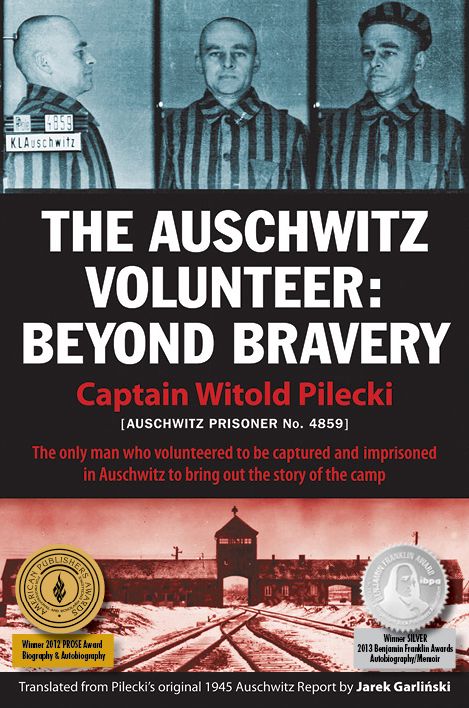


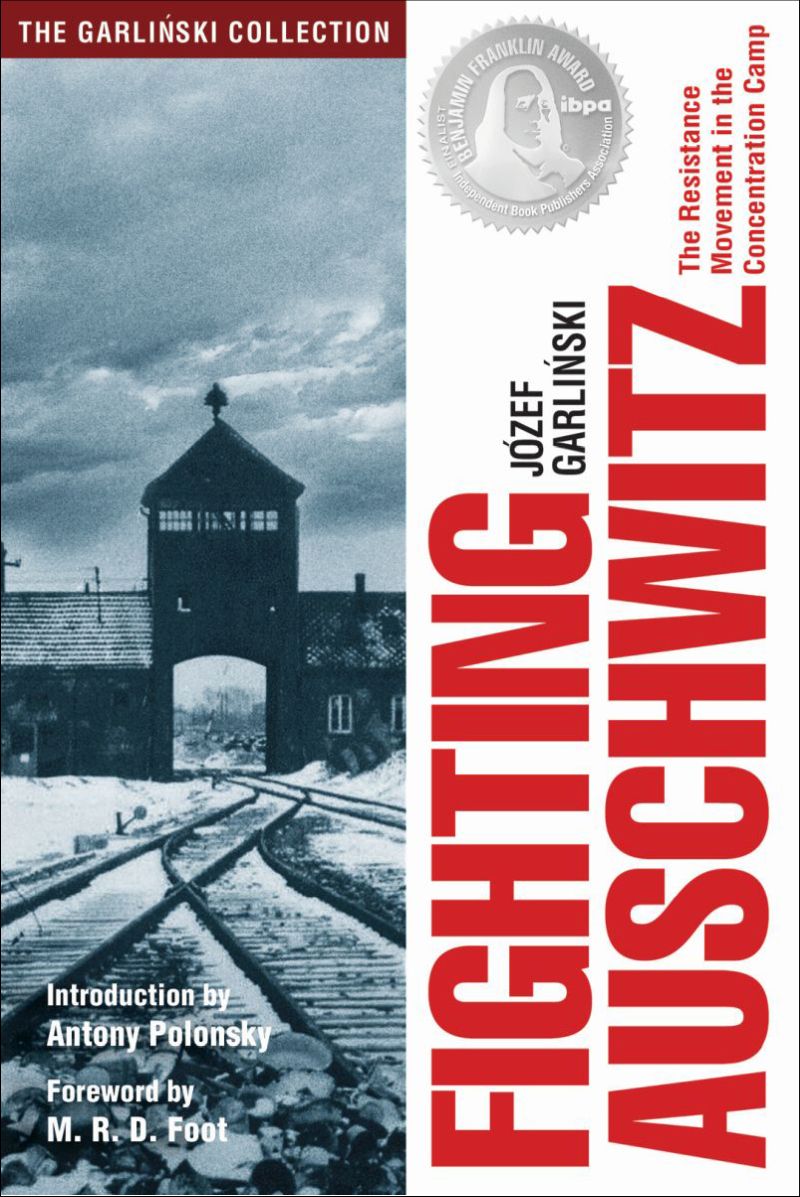
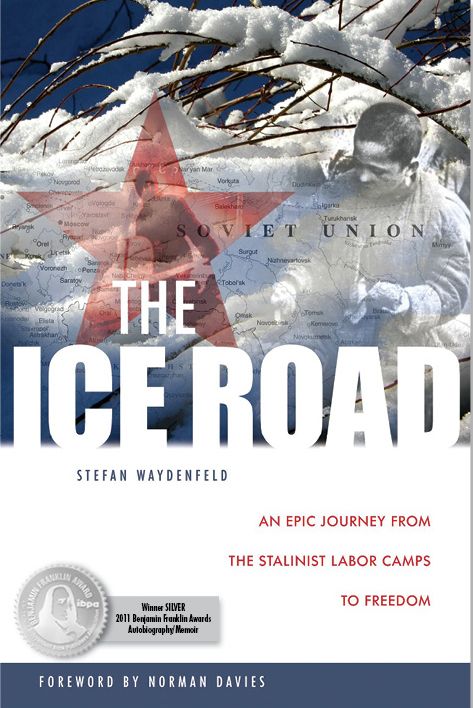
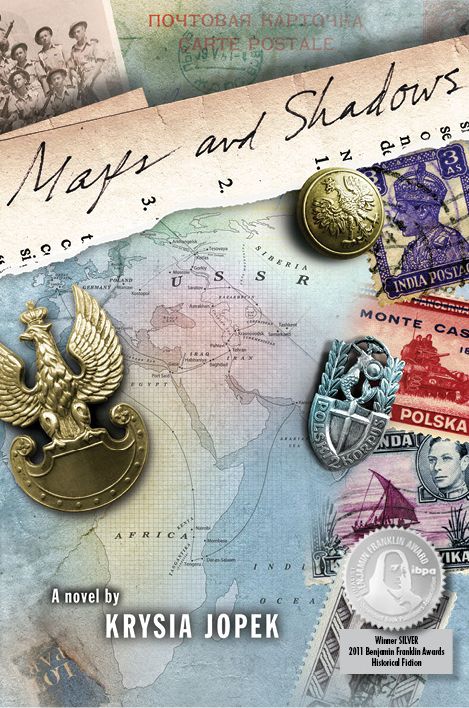
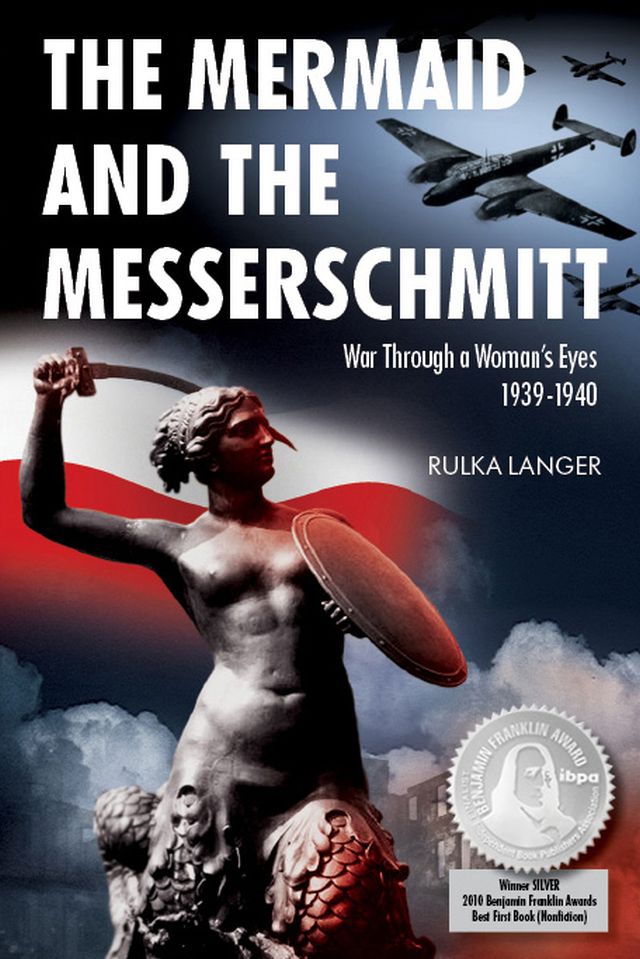

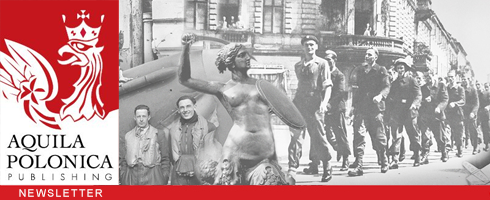

No comment yet, add your voice below!